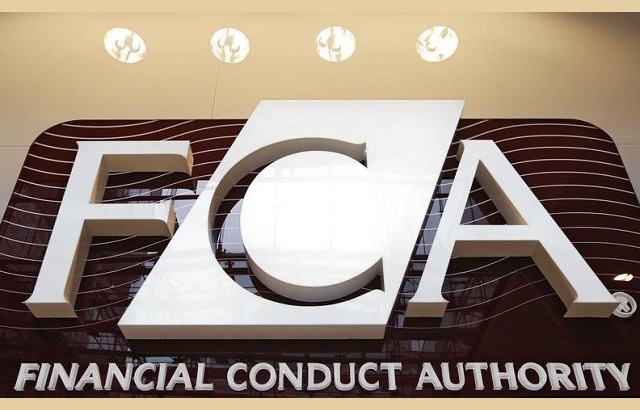The Financial Conduct Authority (FCA) has launched a consultation paper on changes it wants to make to the UK Markets in Financial Instruments Directive (Mifid).
The regulator said, in the paper published on 28 April, that it is proposing changes to the conduct and organisational requirements in UK Mifid for two areas – research and best execution.
The FCA’s proposals will affect:
- investment firms and market operators in the UK;
- banks and collective investment scheme operators providing investment services;
- persons providing investment advice and reception and transmission of orders who did not opt into Mifid; and
- persons providing research that the FCA does not authorise.
The consultation closes on 23 June 2021.
Research
The FCA wants to change the existing inducements rules relating to research.
The proposals “broaden the list of what are considered minor non-monetary benefits” to include research on small and medium enterprises with a market cap below £200m ($279m, €230m) and fixed income, currency and commodities (Ficc) research.
The regulator said 79% of public companies with a sub £250m market cap have either no research coverage or are covered by a sole analyst – “levels of coverage which may be insufficient to provide a fully informed view for investors”.
It also proposes to create an exemption for research provided by independent research providers (IRPs), where the IRP is not engaged in execution services and is not part of a financial services group that includes an investment firm that offers execution or brokerage services.
The watchdog believes “this will have limited, one-off costs and offers modest benefits in terms of competition in the production of investment research”.
Best execution reports
The FCA also proposes removing two sets of reporting obligations on firms, namely:
- the obligation on execution venues to publish a report on a variety of execution quality metrics to enable market participants to compare execution quality at different venues; and
- the obligation on investment firms who execute orders to produce an annual report setting out the top five venues used for executing client orders and a summary of the execution outcomes achieved.








